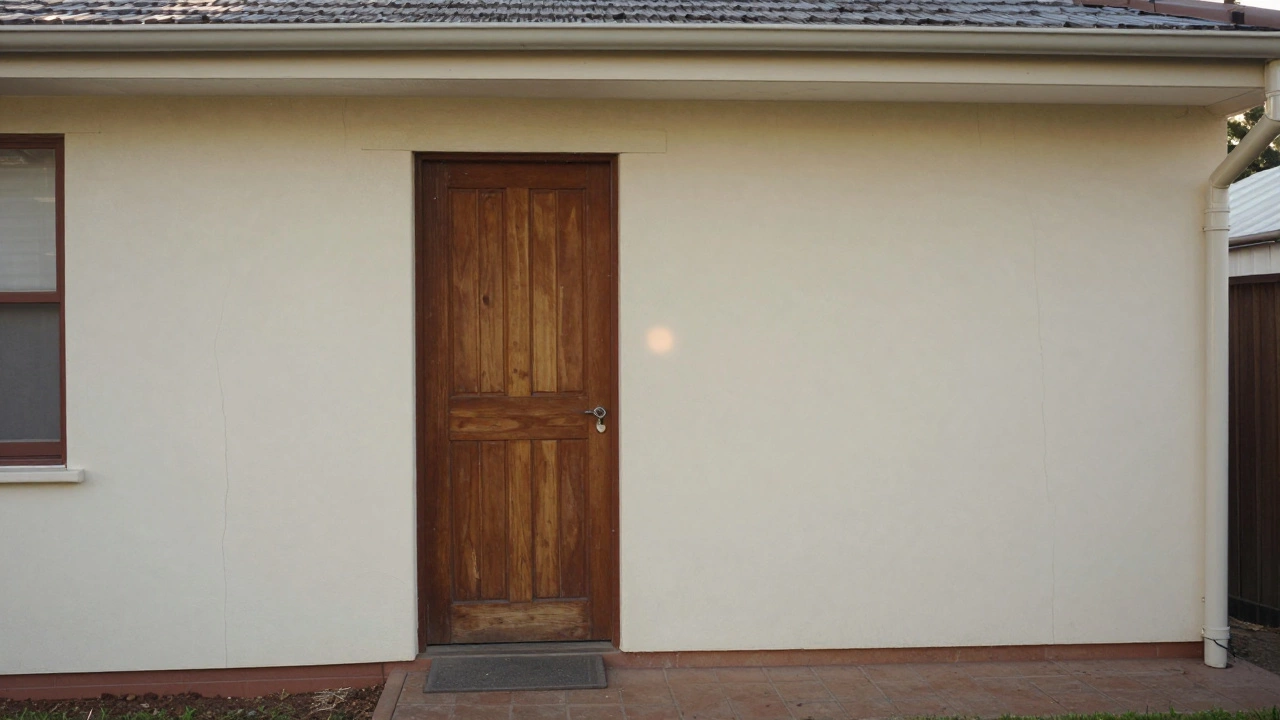Business License Essentials for Construction and Design Firms
If you run a building or interior design business, a proper business license is non‑negotiable. Without it, you can’t legally take on jobs, apply for insurance, or sign contracts. The good news is that getting licensed isn’t rocket science – it’s a series of clear steps, and you can handle most of them yourself.
Why a Business License Matters
First off, a license proves you meet the minimum health, safety and skill standards set by local authorities. Clients look for that badge of trust, and many suppliers only work with licensed firms. In the UK, the license also ties you to the correct tax bracket and helps you avoid costly fines.
Step‑by‑Step: How to Apply
1. Choose the right licence type. For construction, you’ll need a Construction Industry Scheme (CIS) registration and possibly a building trade licence from your council. Interior designers often need a trading licence if they employ staff or operate from commercial premises.
2. Gather required documents. Typical paperwork includes:
- Proof of identity (passport or driver’s licence)
- Evidence of address (utility bill)
- Qualified trade certificates (NVQ, City & Guilds)
- Public liability insurance certificate
- Bank statements showing business accounts
3. Register online. Most councils have an e‑portal where you fill out a form, upload documents, and pay the fee. Fees vary – a small design studio might pay £50, while a full‑scale builder could pay £200.
4. Wait for approval. Processing times range from a few days to two weeks. You’ll receive a licence number and a printable certificate. Keep a digital copy in your project files.
5. Keep it current. Licences usually last one year. Set a calendar reminder to renew at least 30 days before expiry. Late renewals can attract penalties and interrupt work.
Common Mistakes and How to Dodge Them
Many new firms forget to check if their specific trade needs extra permits – for example, asbestos removal or electrical safety certificates. Skipping that step can halt a project mid‑way. Also, don’t use an outdated address on the application; the council will reject it and you’ll lose time.
Another pitfall is under‑insuring. Public liability insurance is often a licence prerequisite, and the minimum cover required can differ by region. Call your insurer to confirm you meet the threshold.
Quick FAQ
Do I need a licence if I only work part‑time? Yes. Any business that charges for services must be licensed, regardless of hours.
Can I operate in multiple counties with one licence? Usually you need separate licences for each local authority, unless you apply for a regional permit.
What if I’m a sole trader? You still need a licence, but the paperwork is simpler and fees are lower.
Getting a business license may feel like a chore, but it’s a small investment for legal protection, client confidence, and smoother operations. Follow the steps, double‑check your documents, and you’ll be ready to take on the next project without a hitch.



